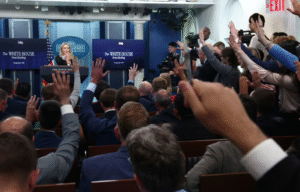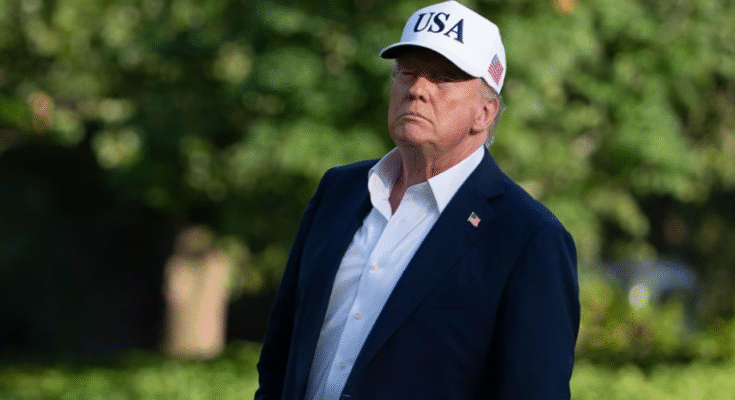
White House press secretary Karoline Leavitt on Monday drew a hard line against quickly blaming the government in the midst of a tragedy – in this case, the deadly floods in Texas.“Many Democrat elected officials are trying to turn this into a political game; it is not,” Leavitt said, amid suggestions linking the tragedy to Trump’s cuts to the National Weather Service.She added: “I just do think those comments are depraved and despicable, especially when so many Americans are mourning the loss of their children.”
ess than 24 hours before Leavitt’s comments, though, it was her boss, Trump, who was levying blame – not on the incumbent government, but the previous one.“If you look at that water situation, that was really the Biden setup,” Trump said.Trump quickly clarified that he wasn’t actually blaming Biden – he cited the historic nature of the floods – but there is no question he was attempting to shift potential responsibility for any government missteps to his predecessor.And indeed, this has become Trump’s M.O. When something bad happens – including tragedy – Trump’s reflex has been to blame his predecessor. And often, despite Leavitt’s admonishment, he casts blame very quickly.

After a tragic crash in the Potomac River near Washington, DC, in late January that killed 67 people, Trump blamed the Biden administration and diversity, equity and inclusion (DEI) policies – despite no evidence forming anything close to such a link. He did so even as bodies were being pulled from the river. In May, after more crashes and technical problems that in some cases traumatized air traffic controllers, Trump added that “Biden didn’t do a thing for four years.”
And just last week, Trump suggested air traffic controllers would have had better equipment, but “then Biden canceled the order when he came in.” The comment echoed previous ones from Transportation Secretary Sean Duffy.It’s not clear what Trump was referring to. Administrations have for decades declined to proactively modernize air traffic control. That included Trump proposals that were never enacted, the New York Times reported.



